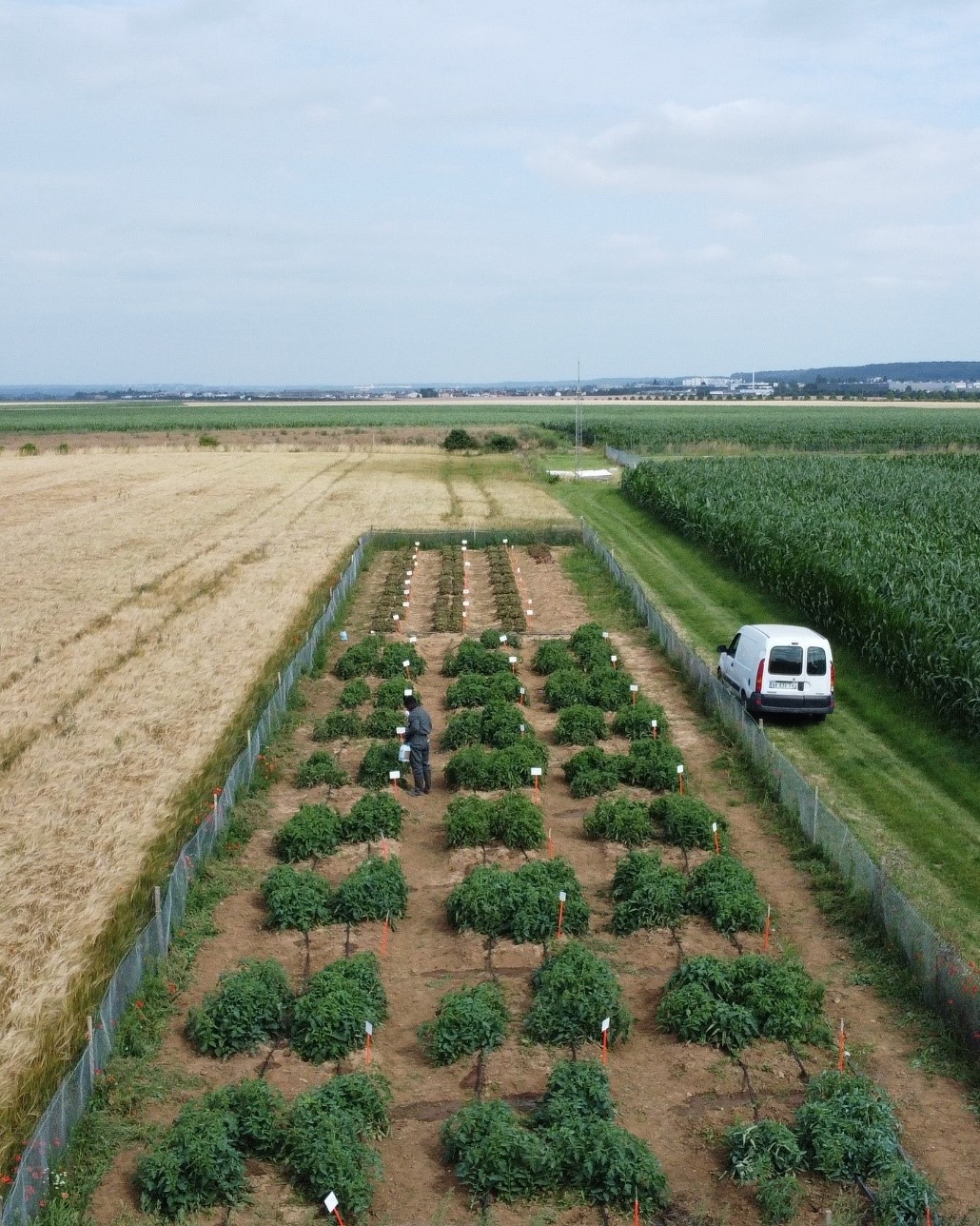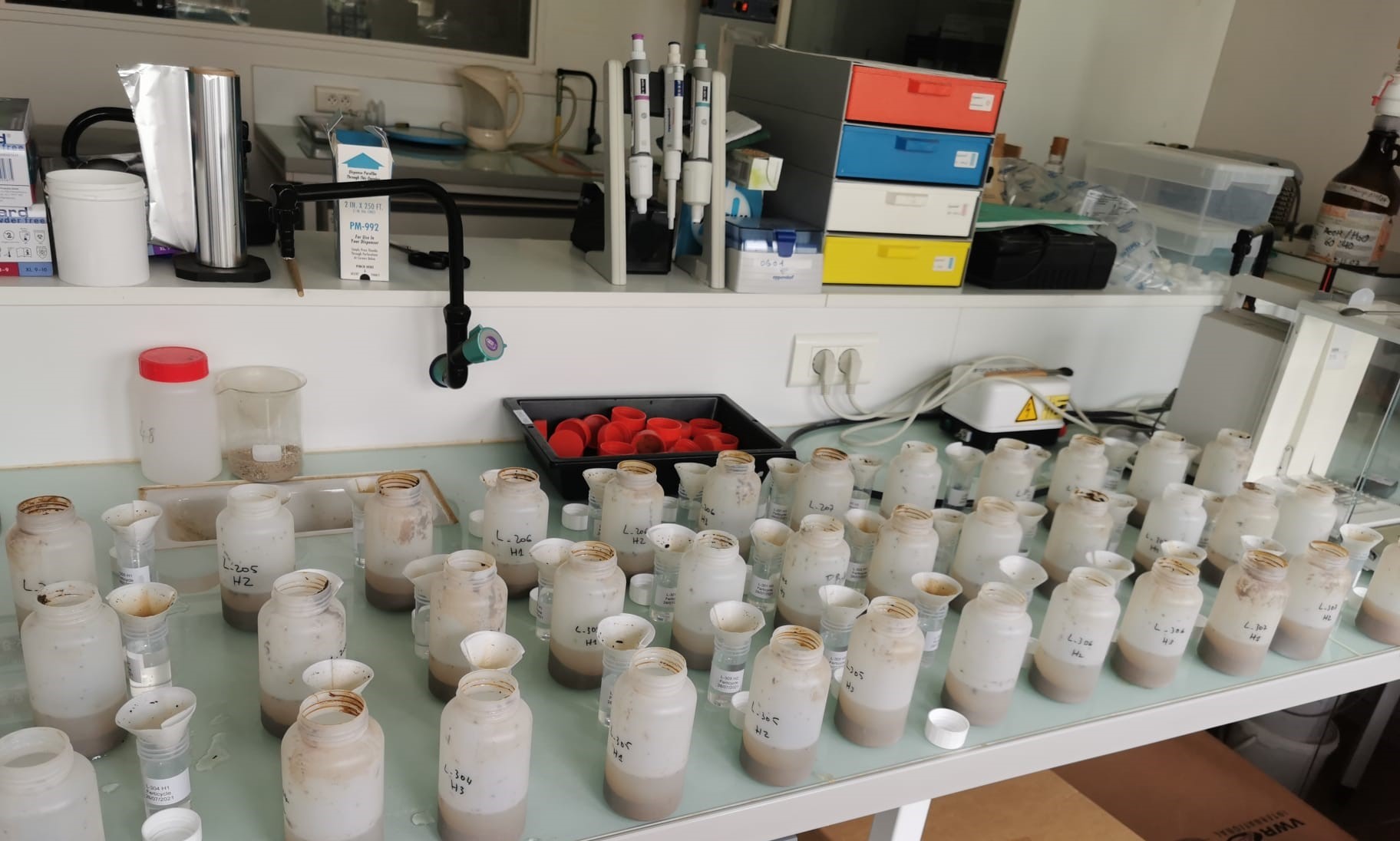Assessing the effect of different bio-based fertilisers on tomato/lettuce production and nitrogen dynamic towards the soil
ESR 11 - Florent Lelenda Kebalo
French National Research Institute for Agriculture, Food and the Environment (INRAE)

As part of Florent’s research, a field experiment was carried out at the experimental field of French National Research Institute for Agriculture, Food and the Environment (INRAE) in Thiverval-Grignon to assess the effect of different biobased fertilisers on tomato/lettuce production and nitrogen dynamic towards the soil. The treatments consisted of : Control without any application, Synthetic fertiliser (SF), Greenwaste compost + SF, food waste compost + SF, Manure + SF, Greenwaste compost + digestate, Greenwaste compost + Human urine, Food waste compost + digestate, Food waste compost + Human urine. A similar experiment will be repeated next year (2022). The collected data will also help calibrate and evaluate the STICS crop model in order to perform a life cycle assessment of biobased fertilisers’ use.

In order to understand the dynamic of nitrogen following the biobased fertiliser application to the plots of tomato and lettuce, soil samples were collected approximately each 20 days at 3 different depths : 15, 30, 60 cm. In the laboratory of French National Research Institute for Agriculture, Food and the Environment (INRAE) of Grignon, nitrogen is extracted from the collected soil using 1 M potassium chloride solution. The nitrogen extraction involves different steps such as soil weighing and transfer to the bottles, 100 ml of KCl addition, bottle shaking and solution filtration through a filter paper. The resulting extractant is analyzed for ammonium and nitrate content using a specific apparatus.
